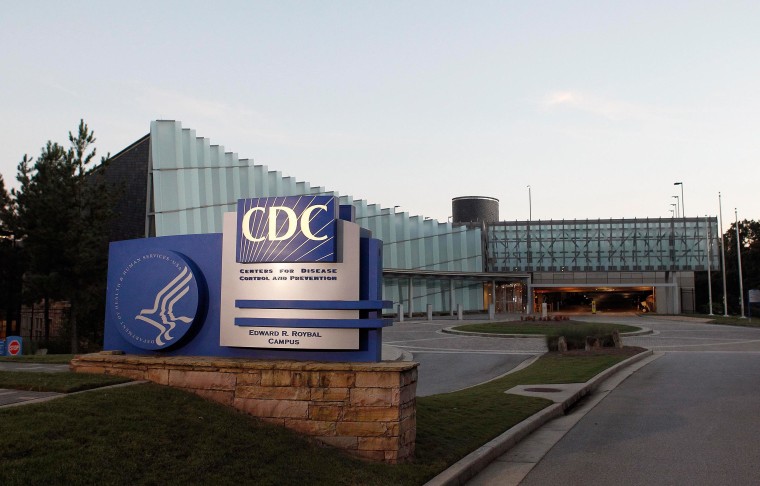Yesterday afternoon, Americans heard top U.S. public health officials issue a striking warning: the coronavirus outbreak is likely to spread nationwide and people should prepare accordingly.
"It's not so much a question of if this will happen anymore but rather more a question of exactly when this will happen and how many people in this country will have severe illness," Dr. Nancy Messonnier, the head of the National Center for Immunization and Respiratory Diseases at the Centers for Disease Control and Prevention, said during a media briefing Tuesday.
The CDC added that Americans should prepare for the possibility of disruptions to their daily lives.
Messonnier went on to say, "We are asking the American public to prepare for the expectation that this might be bad," .
To be sure, the assessment was sobering and made clear that there's a public-health emergency unfolding. The Trump administration's message was undercut, however, by the Trump White House.
"We have contained this. I won't say airtight, but it's pretty close to airtight," National Economic Council Director Larry Kudlow told CNBC yesterday.
While in India, Donald Trump added, in reference to the outbreak, "I think that's a problem that's going to go away.... We're fortunate so far and we think it's going to remain that way."
Much of the public has come to realize that the American president has a strained relationship with the truth. Fair-minded observers know that Trump's claims are routinely false, in part because he has an unfortunate habit of lying, and in part because the nation's first amateur president is often confused about the events unfolding around him.
In our day-to-day activities, Trump's total lack of credibility has become the background noise of our political lives. We know to take everything he says -- on subjects large and small -- with a grain of salt.
But when there's a public-health emergency, and the White House and the CDC are delivering very different messages to the public, this isn't just routine political nonsense emanating from the nation's capital.
First, Trump and his team undercut the government's ability to respond to emergencies like these, and now the president and his aides are struggling to keep their stories straight.
Adding insult to injury, acting Homeland Security Secretary Chad Wolf faced some good questions about the outbreak during a Senate hearing yesterday and he struggled mightily to inspire confidence. Indeed, it was an embarrassing display.
Around the same time, Health and Human Services Secretary Alex Azar and the CDC also delivered contradictory messages about the reliability of coronavirus testing kits.
These are exactly the kind of conditions in which Americans want to be able to turn to the authorities for sound information and guidance. As yesterday helped demonstrate, that's not really much of an option with Team Trump.

